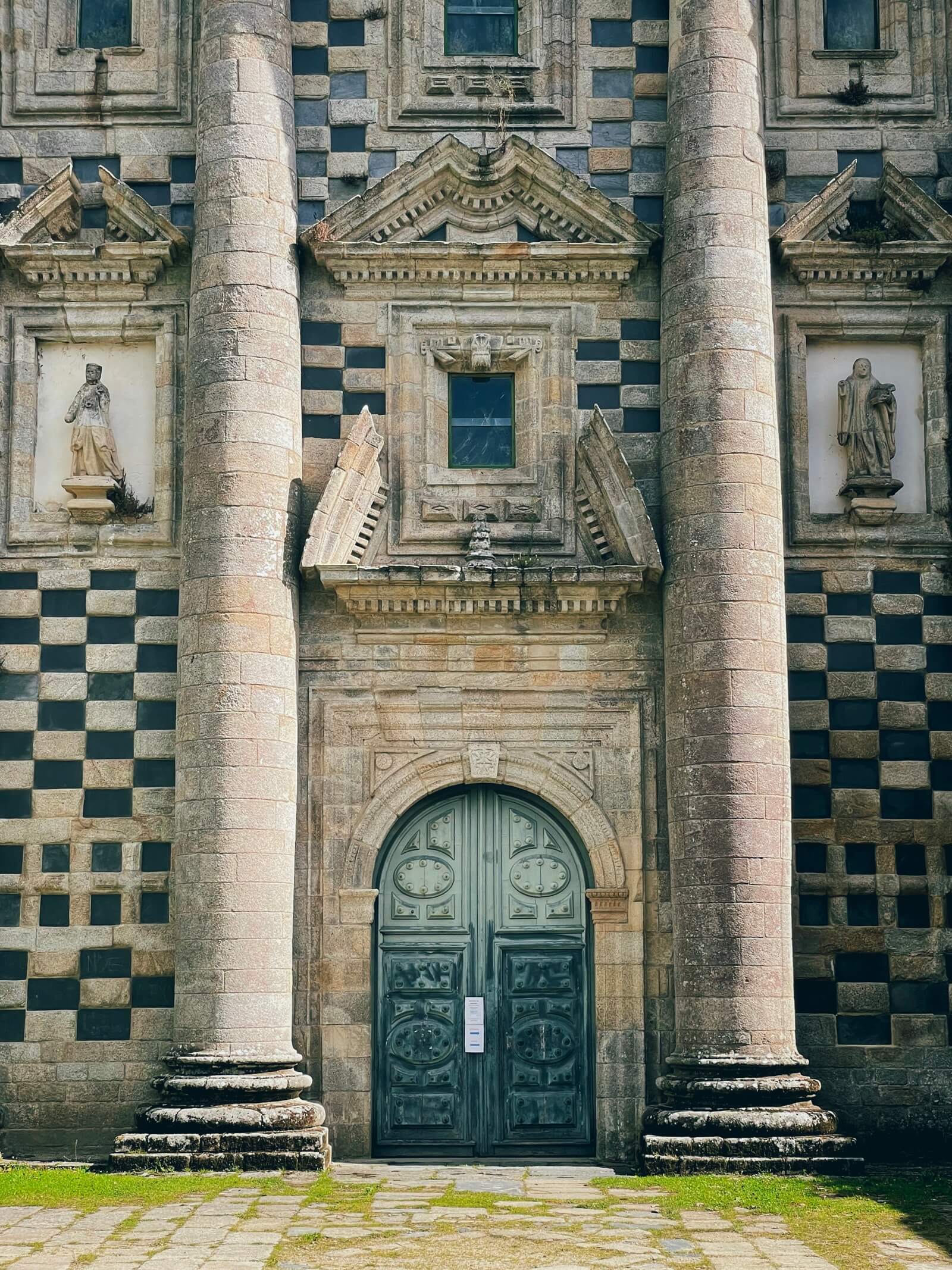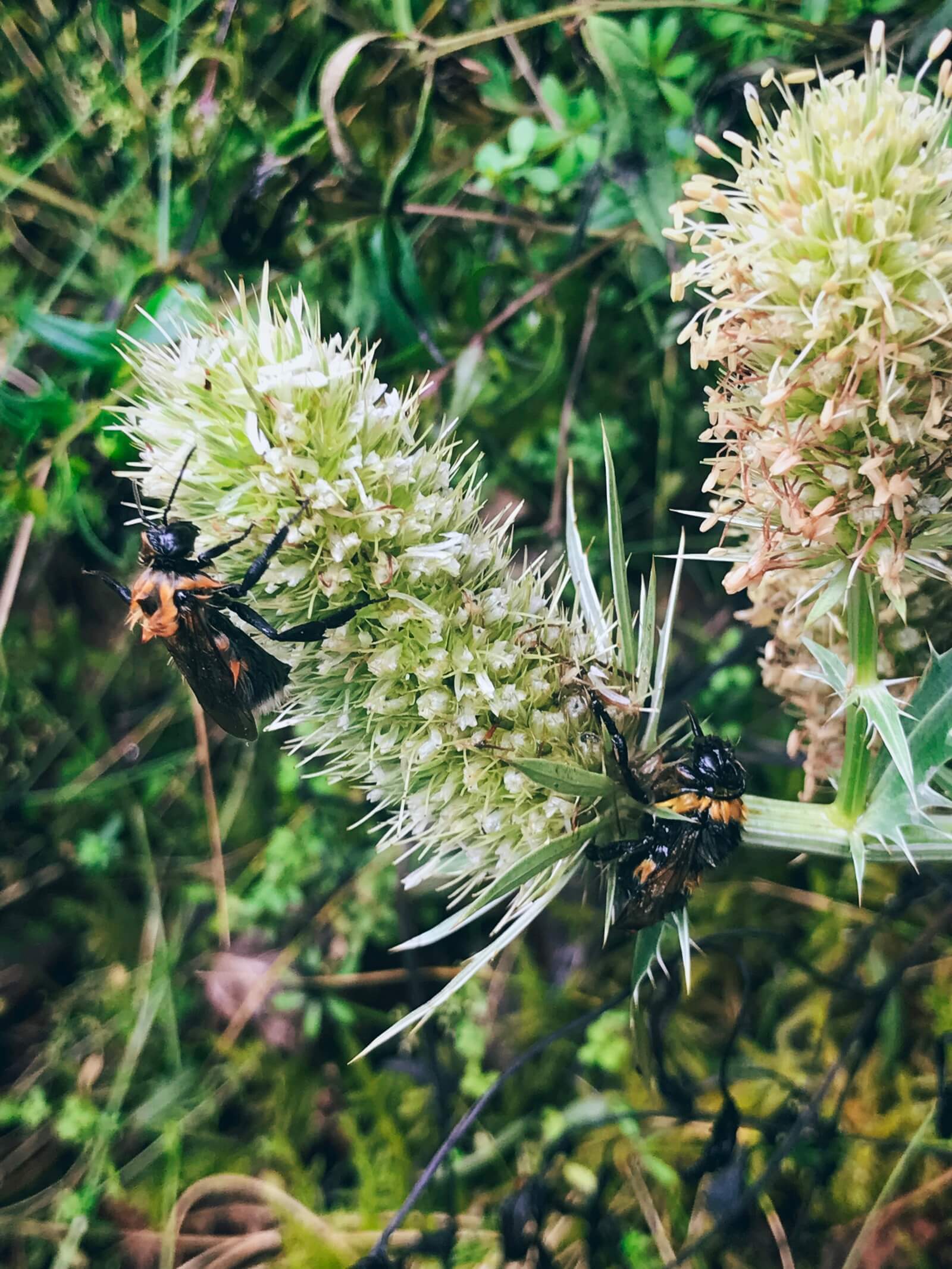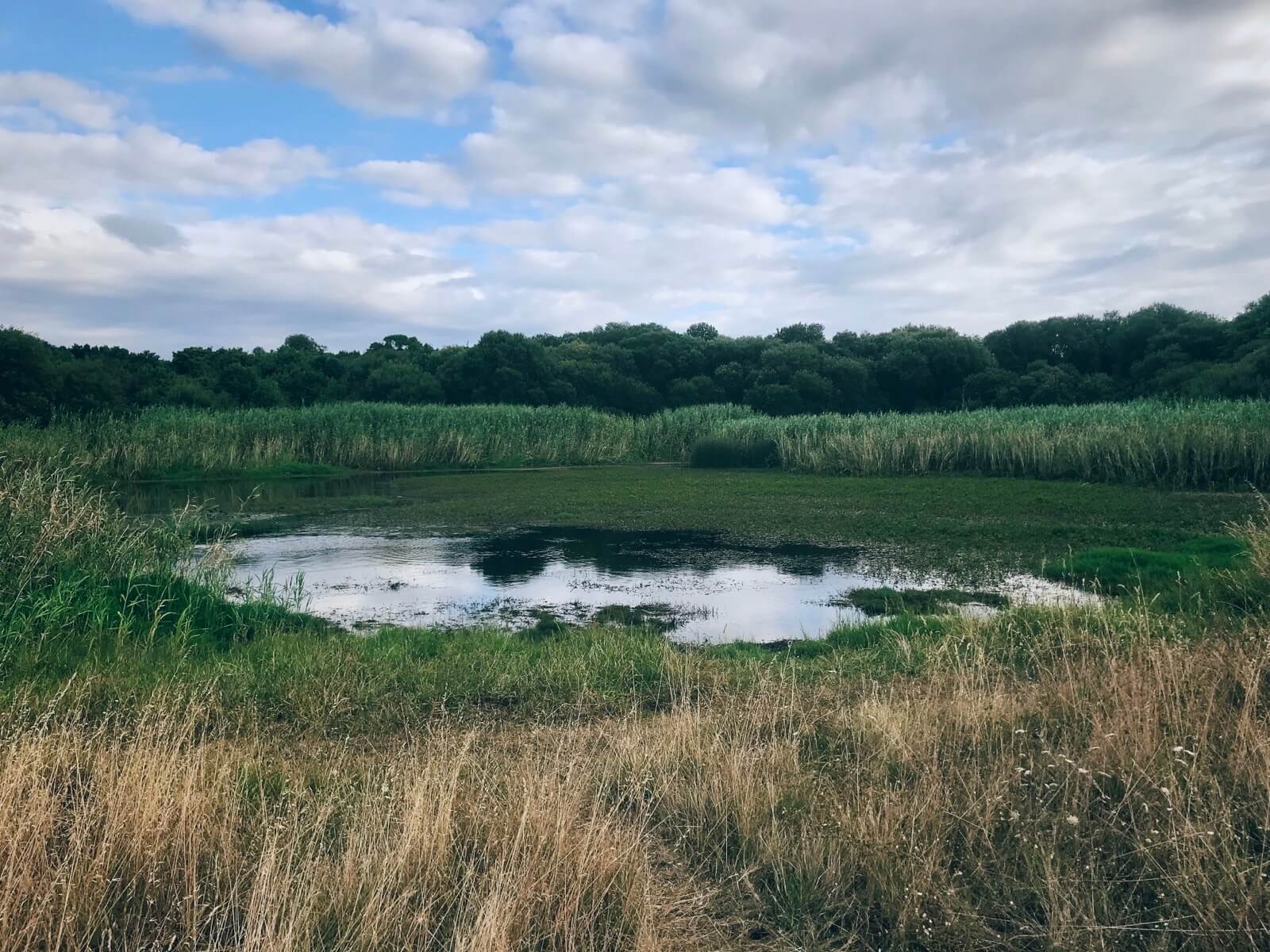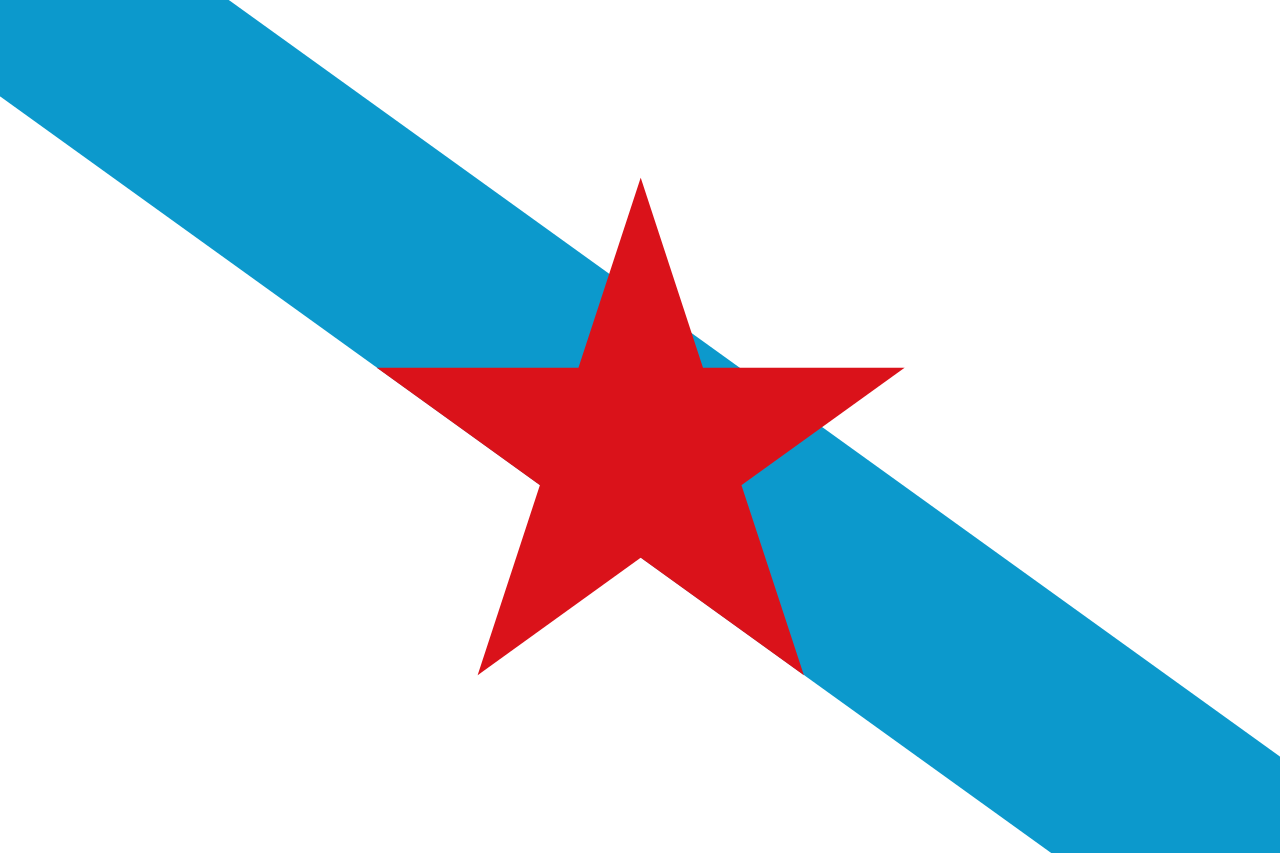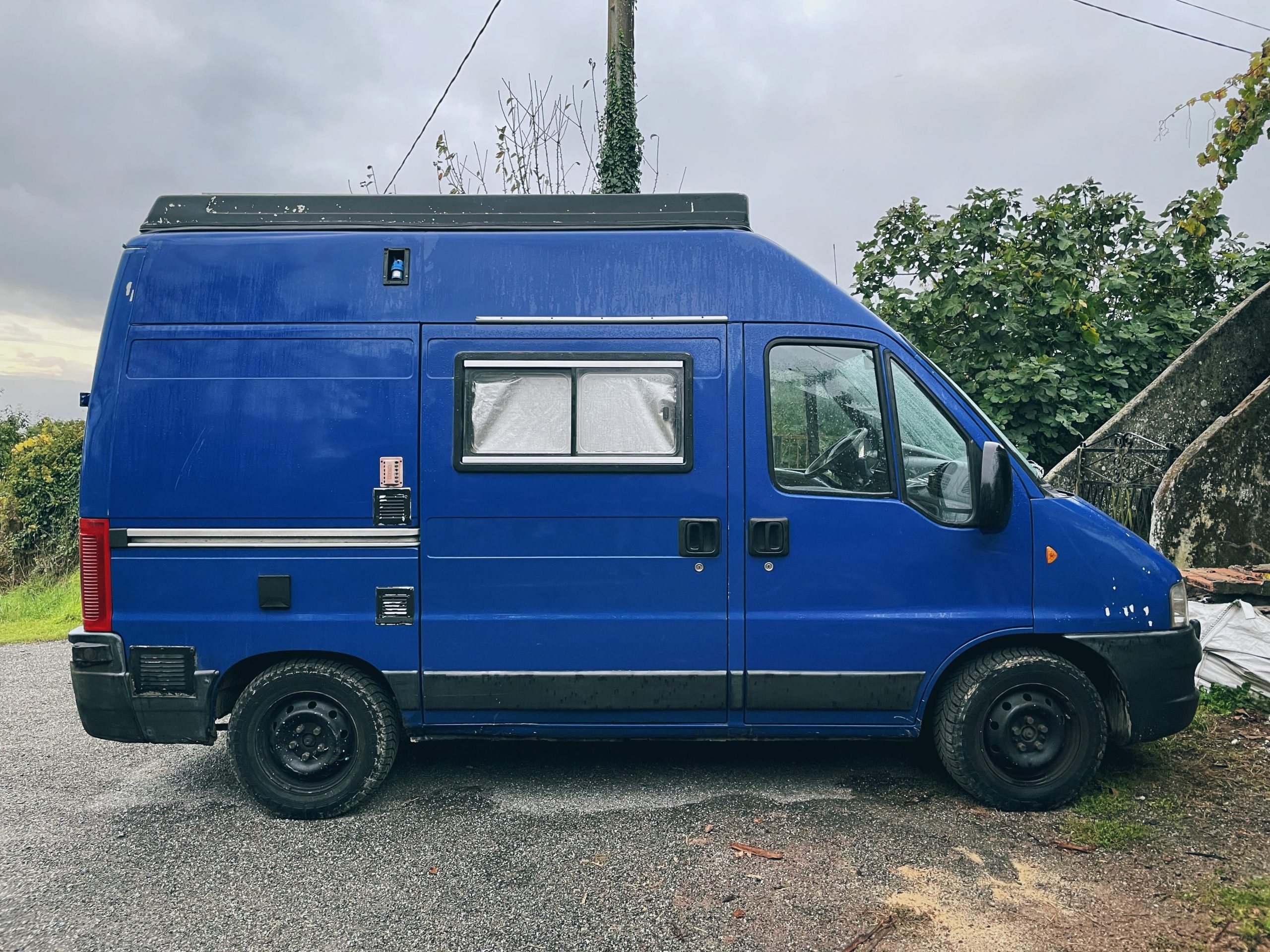
We drove Holly down to Madrid a couple of weeks ago. It was the first time I had left Galicia/Portugal in two years. We were dropping her off to her new owner.
We were selling her because we found this blue Smurf of a camper van online and were looking to upgrade.
Although a few years older, this one sleeps four comfortably, has a fixed bed, rotating seats, automatic transmission, and a solar panel. But most importantly, we can stand up in this one.
The house project has all but stalled, but this fall we’ve got other priorities: preparing the Molly to head south for the winter, new work responsibilities, and taking a breather from an intense summer at the finca.
